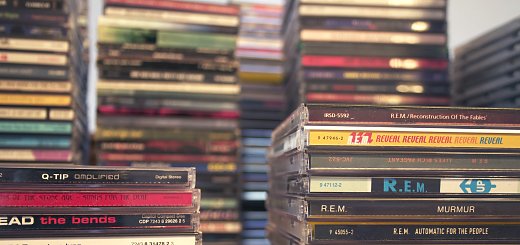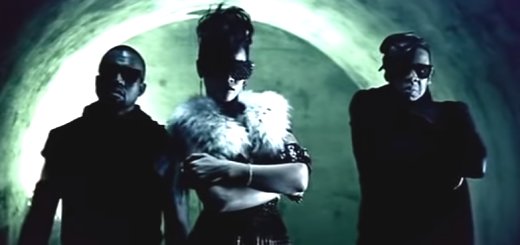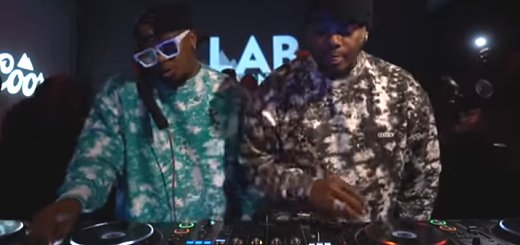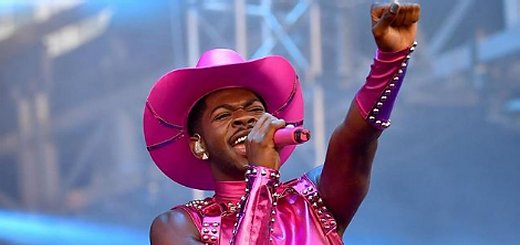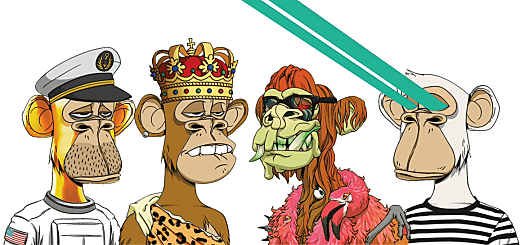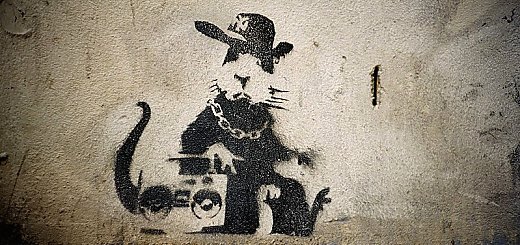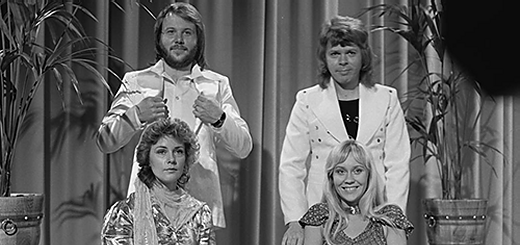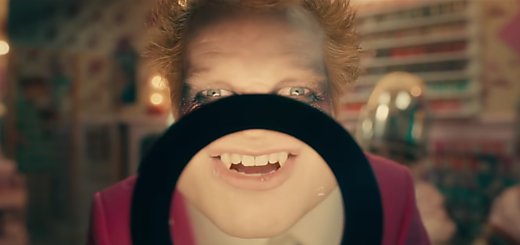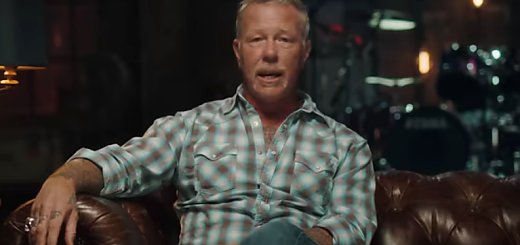NBA YoungBoy: Eextreme case of a recent phenomenon - invisible music stardom
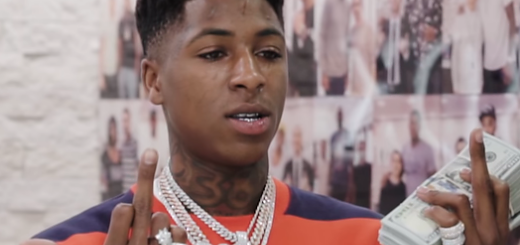
The New Yorker looks into the very successful career of NBA YoungBoy: "It is easier than ever to be a hit by all of the industry’s standard performance metrics and still go unnoticed by the general public—to have an enormous following that barely registers within the wider pop-culture ecosystem. This occurrence is, first and foremost, the by-product of a streaming infrastructure that uses a plays-per-song model to approximate record sales—a system that allows artists to bypass the old display stand, even if they risk anonymity. But it also illustrates a gap between what is promoted and what is popular".
